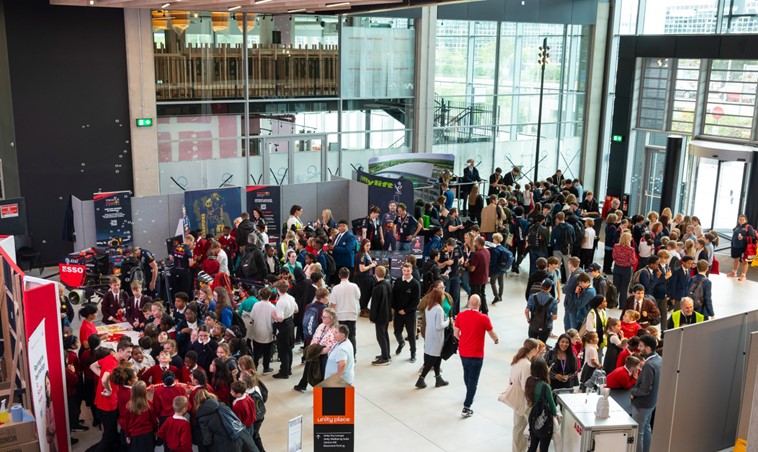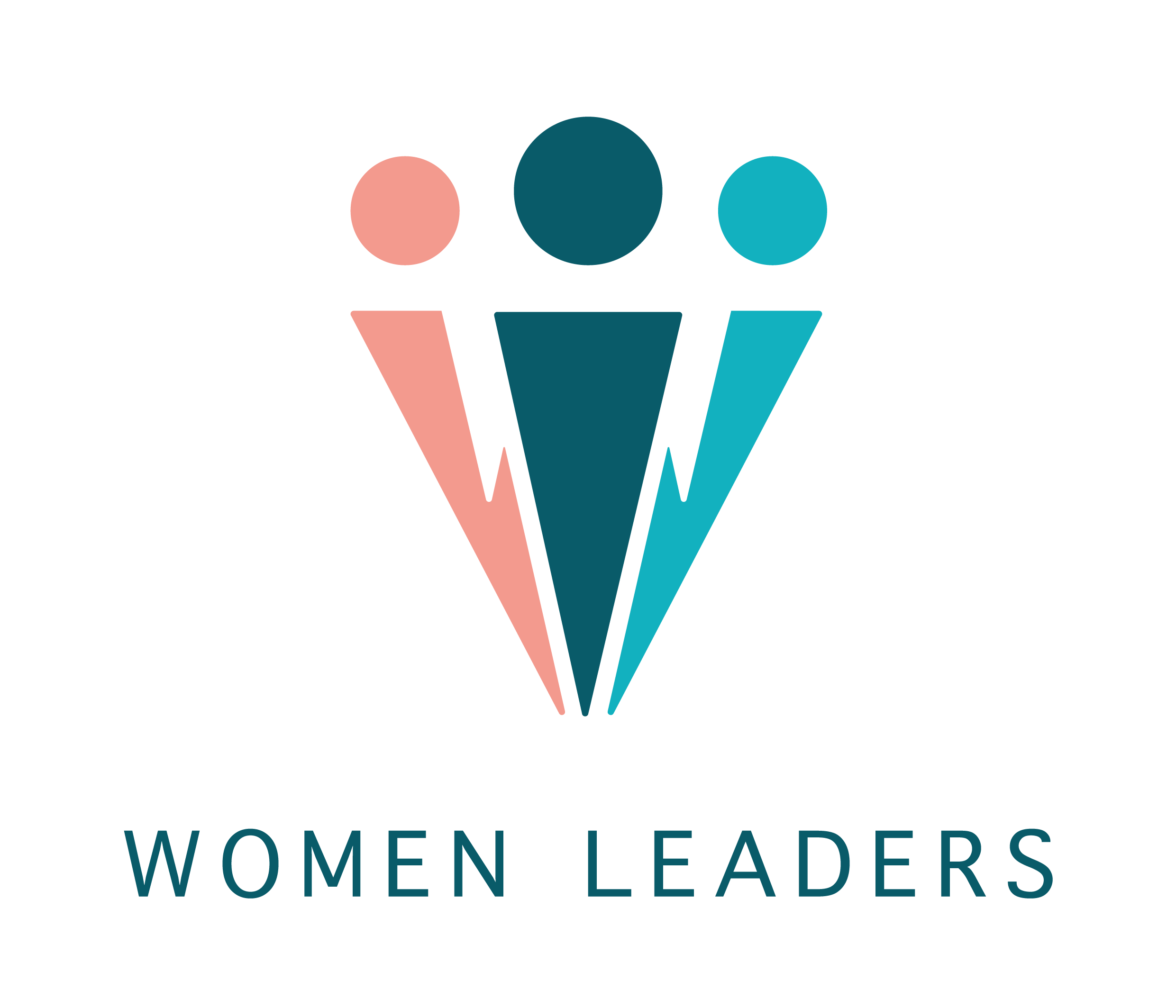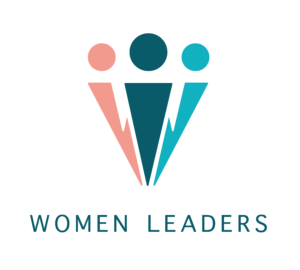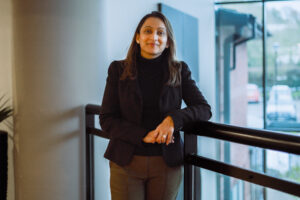MK Innovates STEM Festival returns to
Milton Keynes
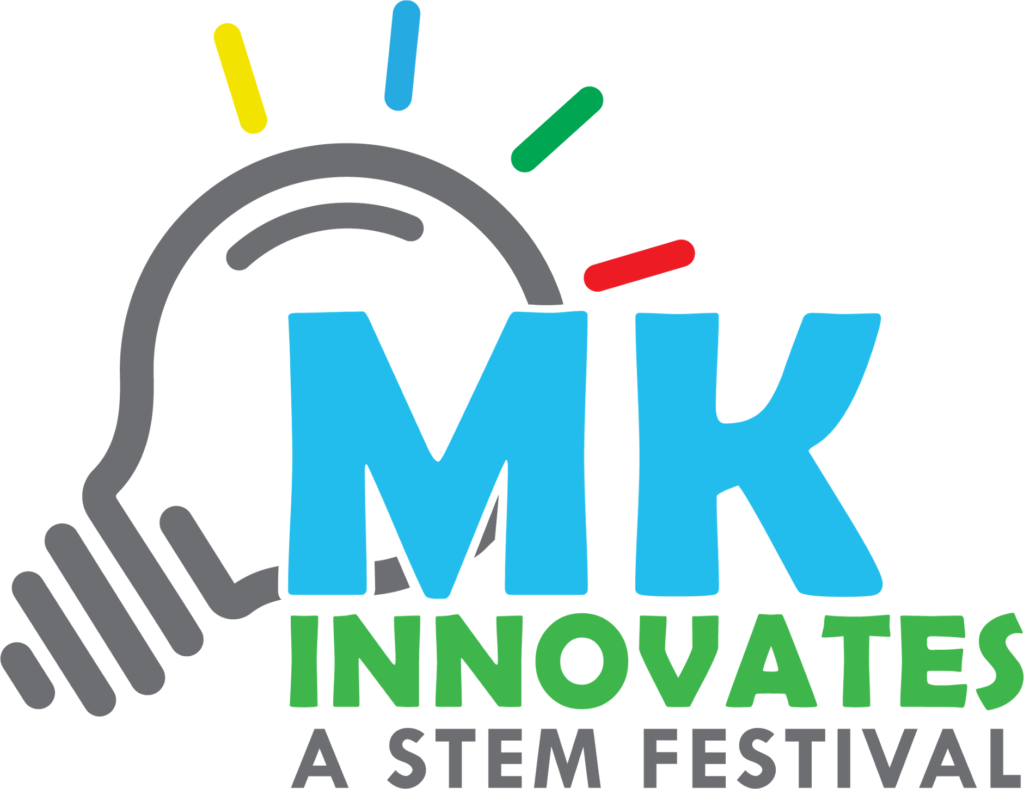
The much-anticipated MK Innovates STEM Festival is set to return later this month on the 24th and 25th of October at Unity Place. Founded in 2017 by the Women Leaders UK charity, the festival was created to engage more girls and women in Science, Technology, Engineering, and Mathematics (STEM).
Over time, this reach has expanded to include all students and adults seeking career changes, particularly those from underrepresented groups including females, BAME, those from less privileged backgrounds, people with disabilities, and neurodiverse individuals.
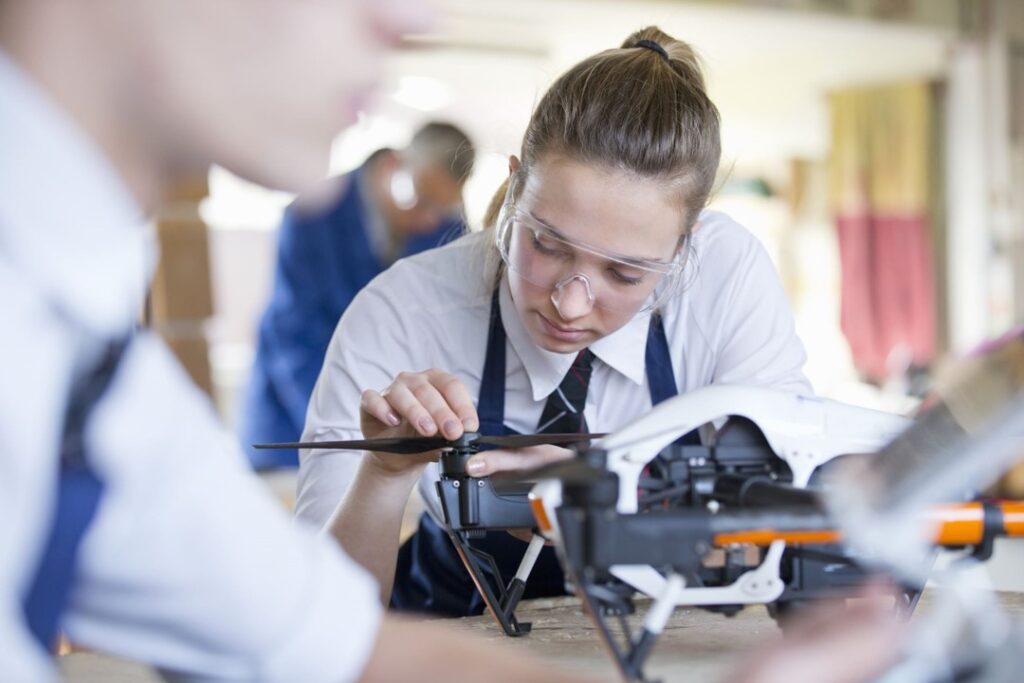
The STEM Gap
The announcement that MK Innovates is returning coincides with a recent report from EngineeringUK which underscored the need for significant improvement to inspire more young people towards STEM careers.
The Advancing STEM careers provision in England report revealed that 43% of respondents said help in finding quality STEM work experience for students could be improved while over a third admit there is a lack of capacity in schools to engage with STEM employers.
In a bid to close these gaps, MK Innovates aims to provide structured insights into STEM careers and adequate support for teachers to prepare students for future roles in these fields.
Dr. Susan Izadkhasti, trustee of Women Leaders UK and Lead for the MK Innovates STEM Festival, stated: “While originally created to encourage more women and girls into STEM, MK Innovates is an event for anyone who might be thinking about pursuing a career in STEM. While there’s still evidence that too few girls are taking an interest in STEM subjects in school, there is a greater challenge surrounding the lack of diversity in STEM careers which needs to be addressed.”
MK Innovates is open to anyone with an interest or talent for STEM subjects. There are all kinds of roles out there and the chances are someone will find something that they love doing. At the same time, MK Innovates provides a platform for companies to showcase their dynamic offerings and company culture to attract a diverse future workforce.” Dr Izadkhasti concludes.

Exploring the role of AI in STEM
Taking place just ahead of the City Council’s upcoming Milton Keynes AI Festival, which marks the anniversary of the UK Government’s AI Safety Summit held at Bletchley Park last year, MK Innovates 2024 will explore the theme of Artificial Intelligence (AI). Through presentations and panel discussions, the event will demonstrate how AI is revolutionising STEM industries, the burgeoning job opportunities it presents, and the importance of ensuring young people’s safety in this digital age.
Attendees can expect to connect with around 40 organisations who have signed up to support MK Innovates, including Santander, NatWest, Oracle Red Bull Racing, and more, offering advice on CV writing, interview tips, job opportunities, and company cultures.
“Encouraging a diverse array of people into STEM careers is not just a goal for us; it’s a necessity,” comments Dr Julie Mills OBE, Chair of Women Leaders UK. “We believe that diversity fuels innovation, and by providing opportunities and support, we can unlock the potential of many who may not have had the chance to explore these fields.”
